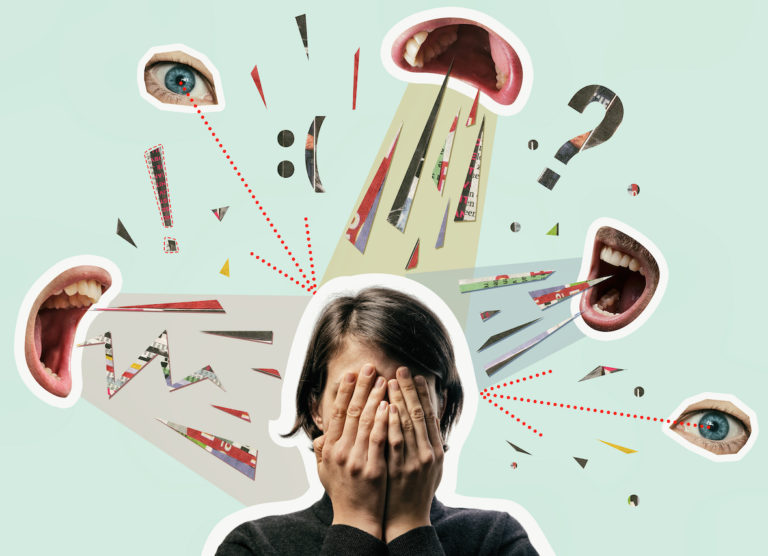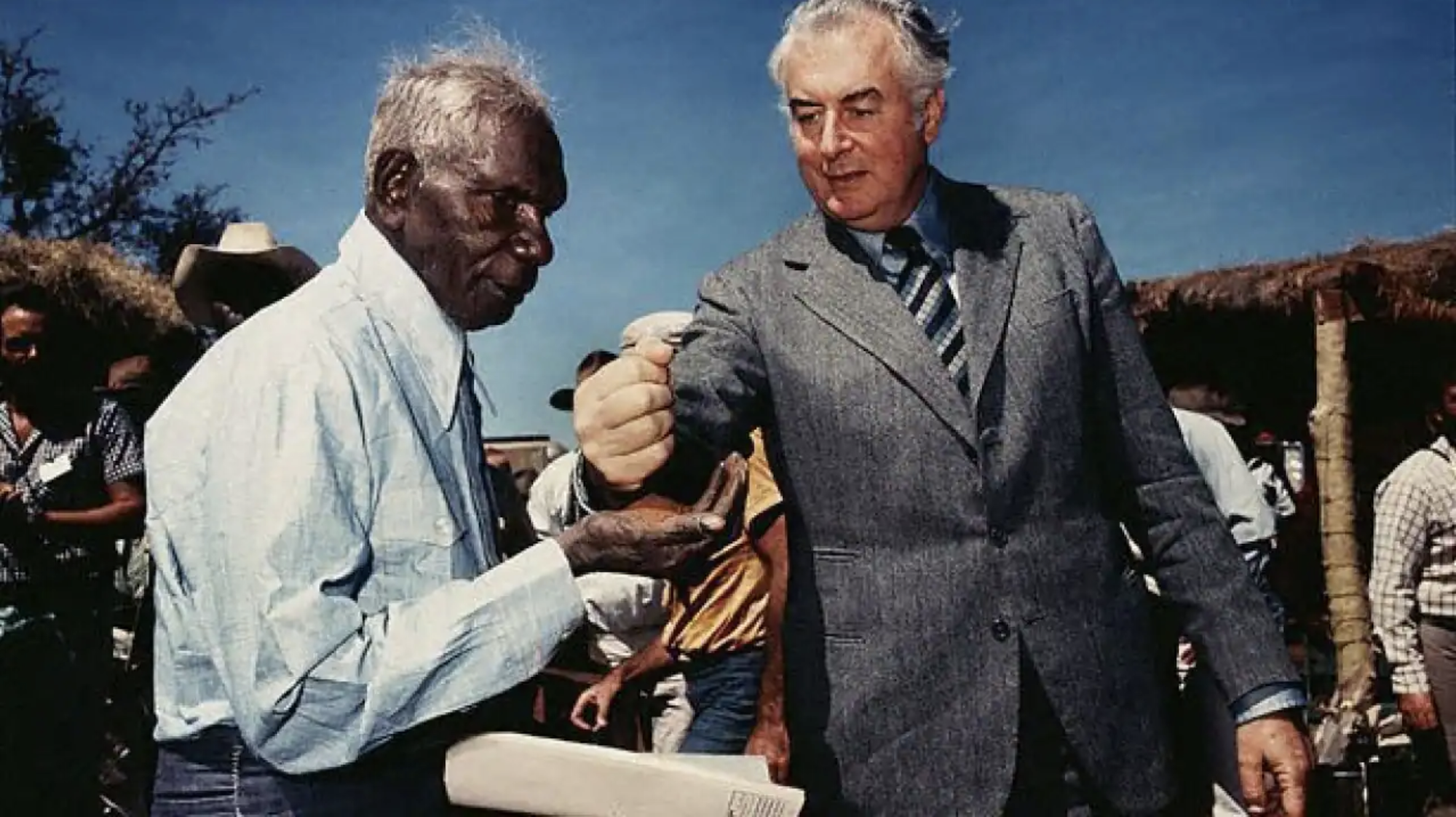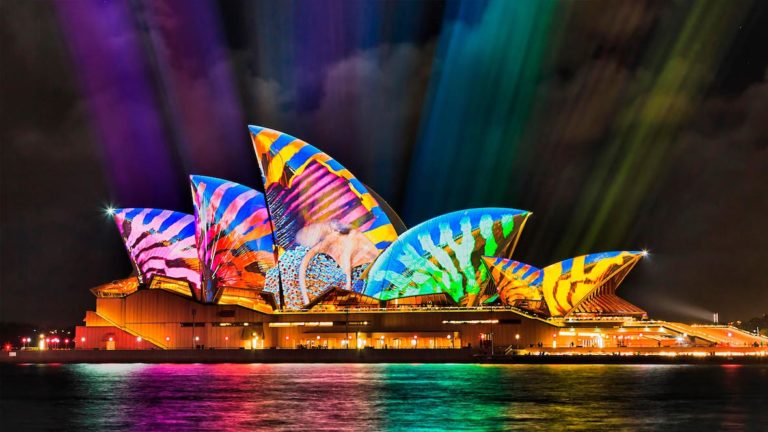
Cyberbullying: How can parents identify and intervene?
Cyberbullying can be confusing and distressing for young people, but it is not often the case that youth actively hide bullying from those who care about them. Dr Jaimee Stewart identifies how parents can identify and intervene in cyberbullying.



 Eddie Synot is a Wamba Wamba First Nations person who writes about Indigenous experience at the intersections of law, culture and society, exploring how these different fields impact upon and affect different representations of Indigenous peoples. He is an Indigenous academic lawyer and researcher with the Griffith Law School and the Indigenous Law Centre UNSW.
Eddie Synot is a Wamba Wamba First Nations person who writes about Indigenous experience at the intersections of law, culture and society, exploring how these different fields impact upon and affect different representations of Indigenous peoples. He is an Indigenous academic lawyer and researcher with the Griffith Law School and the Indigenous Law Centre UNSW.
